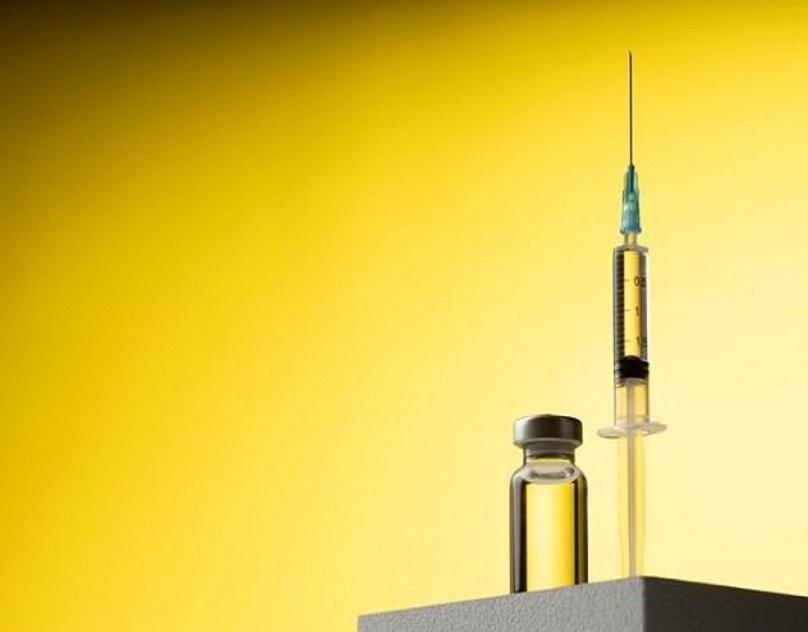B12 Syringes: What You Need to Know About Dosage and Frequency

Vitamin B12 is an important nutrient that helps the body do many things, like making red blood cells, keeping nerves healthy, and using energy efficiently. Injecting needles can be a quick and effective way to raise B12 levels in people who are low on them. But knowing the right amount and how often to get B12 shots is important to get the most out of them without any bad effects. What you need to know about how to use B12 syringe will be in this blog.
Why Should You Get B12 Injections?
Many people don't get enough Vitamin B12 because they don't eat enough of it, have trouble absorbing it, or have a medical condition like pernicious anemia. There are supplements that you can take by mouth, but B12 shots are better because they skip the digestive system. When B12 is given, it goes straight into the bloodstream, making it the best option for people who don't get enough or have trouble absorption.
How Much B12 Should Be Injected?
The right amount of B12 to inject depends on the person's needs, level of deficit, and general health. Cyanocobalamin is usually used as B12 in shots. However, methylcobalamin is also available, and some people prefer it because it is more bioavailable.
To Treat Deficiency: If you know for sure that you don't have enough B12, the usual first amount is between 1,000 and 2,500 micrograms per injection. Depending on the severity of the deficiency, this dose is generally given once a week or every two weeks for the first month.
Once the deficiency is fixed, the dose is usually lowered to 1,000 mcg once every one to three months, but this depends on how well your body keeps its B12 levels steady. Some people may need to get shots once a month, while others can wait longer.
For Health or More Energy: If you're getting B12 injections to give you more energy or improve your health in general, a lower dose of 500 mcg to 1,000 mcg may be enough. People usually take these once a month or as their healthcare provider tells them to.
How to Figure Out How Often to Get B12 Injections
How often someone gets a B12 shot depends on their health needs. For someone with a serious deficiency, getting B12 injections once a week or every other week may be necessary at first to get levels back up quickly. Once your B12 levels are stable, the recurrence will go down.
Initial Phase: For the first few weeks after a deficiency, people usually get shots once a week. This is done to quickly fill up the body's B12 stores.
During the maintenance phase, once your levels are back to normal, you may only need an injection once a month or every few months, based on how well you heal.
For Vegans and Vegetarians: Because plant-based diets don't always provide enough B12, vegans, and vegetarians might benefit from getting shots every month to avoid falling short.
Is there a chance of taking too much B12?
Because vitamin B12 is water-soluble, the body usually gets rid of extra amounts in the urine, minimizing the risk of toxicity. On the other hand, taking too much for a long time can still cause side effects like slight diarrhea, itching, or swelling at the injection site.
It's always best to speak with a healthcare provider before starting or adjusting your vitamin B12 injection dosage to ensure you're getting the right amount for your needs.
B12 syringes offer a quick and efficient way to correct a deficiency or boost general wellness. To make treatment work, you need to know the right amount of medicine to give and how often to provide it. Whether you have been labeled with a B12 deficiency or want to make sure your levels stay at their best, working closely with a doctor will put you on the right track to better health.
- Art
- Causes
- Crafts
- Dance
- Drinks
- Film
- Fitness
- Food
- Jocuri
- Gardening
- Health
- Home
- Literature
- Music
- Networking
- Alte
- Party
- Religion
- Shopping
- Sports
- Theater
- Wellness
- IT, Cloud, Software and Technology


